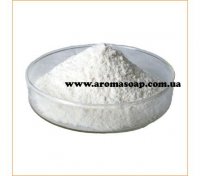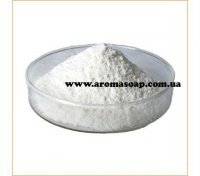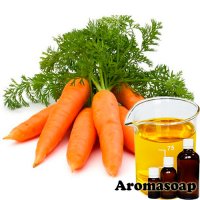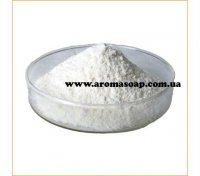UV Filters
UV filters are the most important part of the working ingredients for home cosmetics. Their effect is aimed at protecting the skin from the negative effects of ultraviolet light. Today, many people know how harmful the effect of direct sunlight can be on the epidermis. This leads not only to premature aging, but also to various problems and diseases, including cancer. Therefore, it is not surprising that many women have recently begun to more actively protect their skin from UV radiation with products with different levels of SPF.
Such popularity and relevance of various UV filters is the reason why many of them are offered in the modern world of cosmetology. At the same time, these means differ not only in the level of protection, but also in the principle of influence, as well as in other nuances.
Let's find out what the differences are in filters that protect against ultraviolet radiation and how to choose the right component from this category for your cosmetic recipes.
Features and use
The sun's rays have different lengths and different effects on the skin. A longer ray for the skin is what we, for the most part, want from the sun. However, there is a ray with a shorter wavelength that has been shown to be harmful to the epidermis and causes premature aging of the skin.
UV filters provide:
protection against the negative effects of UV radiation;
prevent premature aging;
help to avoid skin diseases.
In cosmetology, it is customary to divide filters into chemical and physical. In simple terms, physical ultraviolet filters block sunlight and prevent it from entering the epidermis, while chemical filters absorb it.
The principle of operation of chemical filters is that they contain substances capable of absorbing ultraviolet light. Often have a high level of SPF protection against UV radiation. The difficulty of using creams with chemical filters is their tendency to oxidize. That is, several hours after application, it is advisable to wash off such a cream, so that its components do not oxidize and do not provoke the release of free radicals. Undoubtedly, science still does not know all the properties and features of using chemical filters, so it is not uncommon to encounter disputes between opponents and supporters of this method of protection against ultraviolet light.
Physical filters act as a screen that reflects direct sunlight hitting the skin. Their advantage is the fact that they remain on the surface of the skin without penetrating into the deep layers, due to which they are able to effectively perform their role without affecting the condition of the skin.
At first glance, it may seem that physical filters are just perfect for using them in any recipe. However, not everything is so simple here either. To ensure a sufficient level of protection from the summer sun (SPF30), a fairly high percentage of this component will be required in the recipe. But, for the most part, physical filters have drying properties. On a hot day, this is not so critical, but dry skin will not like this effect. Therefore, in mass market products, you can often find a combination of chemical and physical filters. But problematic and oily skin often reacts to such combinations with rashes and other problems.
The most popular physical filters are: titanium dioxide and zinc oxide. You can buy them in our online store.
Buy UV filters in Ukraine
On the aromasoap.com.ua website you can buy physical and chemical UV filters for homemade cosmetics. The products presented in our catalog are high-quality and safe ingredients for your cosmetics
When choosing filters for a cream with SPF, note that most often physical filters leave a white mark on the skin. This can be used as an advantage, as it also acts as an additional camouflage tool, but there are also situations where it is completely inappropriate.




